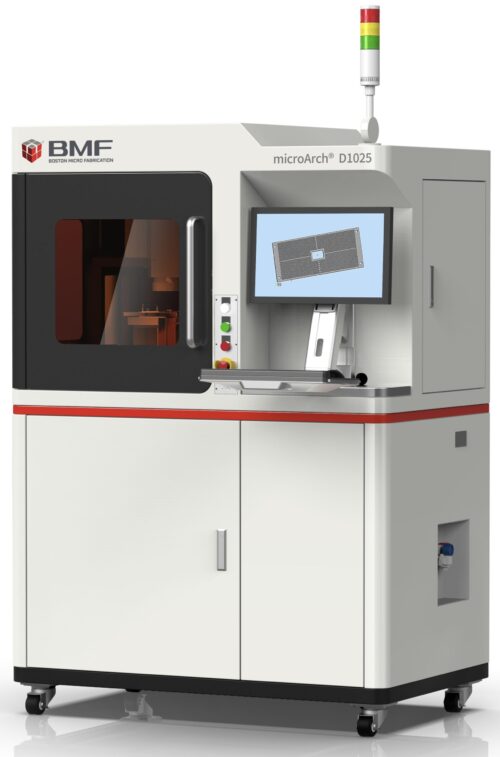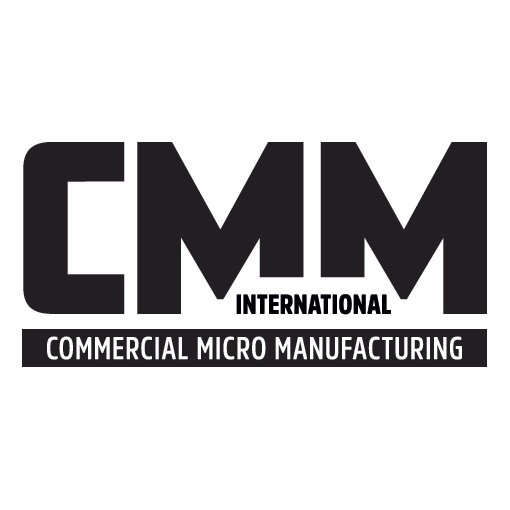Medical Product Outsourcing •
November 4, 2025
Printing Preference for Medical Device Manufacturers
As additive manufacturing continues to mature, medical device manufacturers are realizing the specific methods and materials that work best for them and their technologies.









